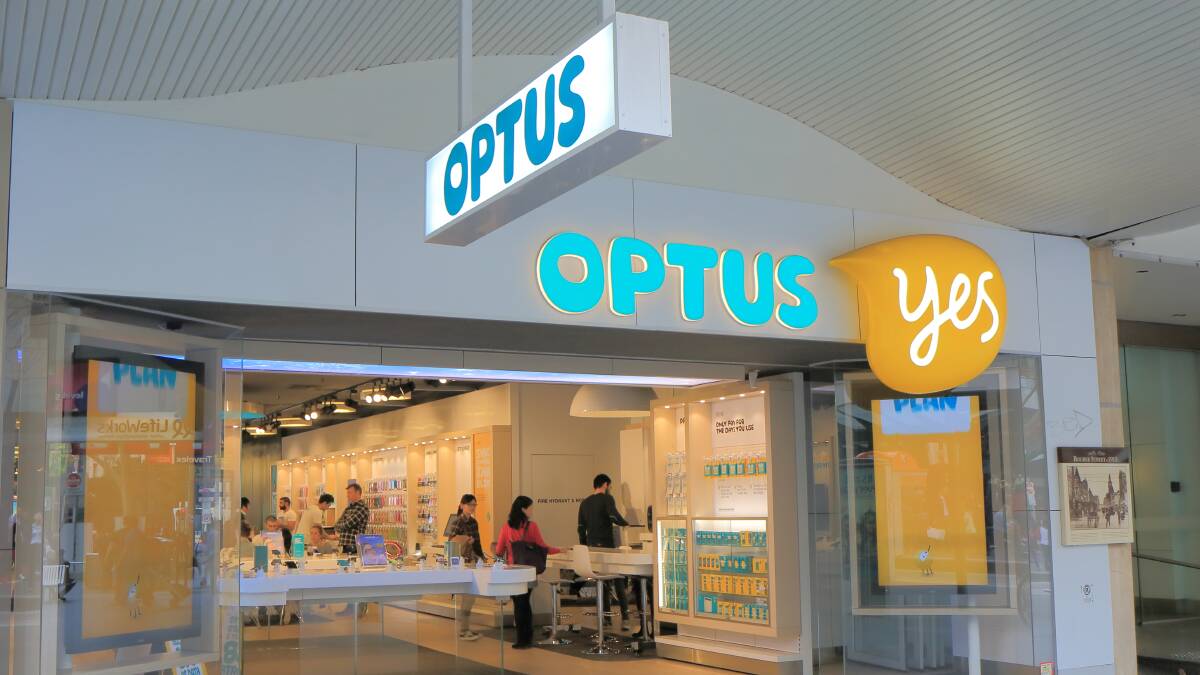
One of Australia's largest telecommunications providers has suffered a major cyber attack, leaving the sensitive data of millions of customers at risk.
Subscribe now for unlimited access.
or signup to continue reading
Optus publicly revealed the cyber attack on Thursday, which impacted 9.8 million Australian users, was now the subject of an investigation by Australian Federal Police.
The telco told its customers it was still investigating the extent of the breach but forewarned the hackers may have accessed personal details.
If you've been caught up in the breach, here's what you need to know.
What information has been hacked?
While Optus said it was still investigating the breach, it confirmed customer details, such as names; dates of birth; phone numbers; email addresses and home addresses were accessed.
It also revealed the details of personal identity documents, such as passports and driver's licences, were breached for some customers. Passwords and payment details were unaffected, the telco said.
The list of accessed includes:
- Names
- Dates of birth
- Phone numbers
- Email addresses
- Home addresses
- ID document numbers such as driver's licence or passport numbers
Is my data affected?
If you're an Optus customer, there's a chance your data has been captured in the cyber attack.
Optus said it was contacting all customers who had their information illegally accessed, starting with those whose ID document details were compromised.
It announced on Monday it had completed sending emails or SMS messages to that first group and were continuing to contact customers who had other details, such as their email address, illegally accessed.
In the meantime, Optus is warning last week's attack could trigger a rush of scams by criminals, including phishing calls, emails and text messages.
It's encouraging its customer to keep an eye on bank accounts, be vigilant about suspicious emails and links, texts, phone calls or messages on social media and not to allow people posing as credible companies access to your computer.
"Our priority is our customers - so while our investigation is not yet complete, we wanted you to be aware of what has happened so that you can be extra vigilant at this time," it said in its email to customers on Monday.
"We are currently not aware of customers having suffered any harm, but we encourage you to have heightened awareness across your accounts."
My data might have been breached, what should I do now?
If you've been contacted by Optus, or you suspect you're about to be, there are a few easy steps to take first.
The first is vigilance, as Optus has already recommended. Monitor your financial accounts for suspicious activity, and avoid opening unusual links or messages.
The government's Scamwatch also recommends you change online passwords and enable two-factor authentication to make accounts less susceptible.
If you think your identity has already been compromised, Scamwatch urges you contact your bank and call Australia's national identity and cyber support service, IDCARE on 1800 595 160.
The Australian Cyber Security Centre has listed a "medium" alert status on the incident, and suggests heading to its online tool for further advice.
Unfortunately, further avenues at this point are limited.
The Office of the Australian Information Commissioner has been alerted to the incident, via the notifiable data breach scheme, and recommends acting quickly to reduce the impact.
In the meantime, investigations are continuing and the federal government is expected to make an announcement later this week.
Federal police will continue monitor reports that stolen customer data and identification numbers could be for sale through a number of forums, including the dark web.
"The AFP is using specialist capability to monitor the dark web and other technologies, and will not hesitate to take action against those who are breaking the law," a spokesperson said.
Anyone who buys stolen credentials faces up to 10 years in prison.
- Support is available for those who may be distressed. Phone Lifeline 13 11 14; Mensline 1300 789 978; Kids Helpline 1800 551 800; beyondblue 1300 224 636; 1800-RESPECT 1800 737 732.


